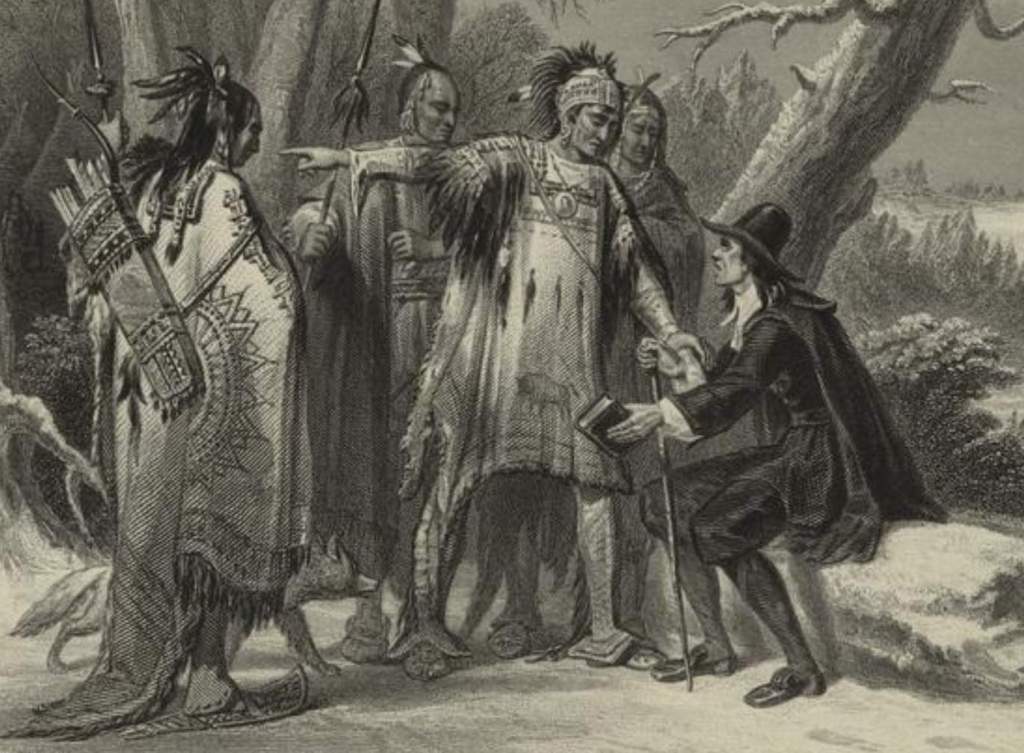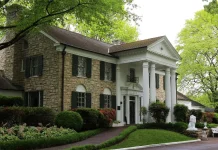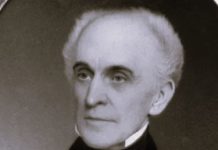Narragansett, or people of the small point, occupied ancestral territory in the Northeast that is now Rhode Island, especially between the Providence and Pawcatuck Rivers. Their lives were similar to those of other New England ALGONQUIANS.
During most of the year, they lived in wigwam villages that were surrounded by stockaded villages. Forests, rivers, and oceans provided them with resources that they used for farming, hunting, fishing, and gathering. They are credited with naming Narragansett Bay. Whether spelled with one or two t’s, their name is pronounced nah-ruh-GAN-sit.
There are a number of consequences suffered by the Narragansett tribes that are similar to those suffered by other tribes in the region during colonial times. In the 1620s, when the English settled the area, the Narragansett were divided into six main divisions, with six sagamores (subordinate chiefs) under one principal chief.
Moreover, smallpox spread among Native Americans after contact with Europeans in 1616–20, but the Narragansett managed somehow to stay safe. An outbreak in 1633, however, resulted in the deaths of about 700 tribal members. In 1636–37, some Narragansett warriors fought against the PEQUOT in the Pequot War, which was an early ally of the English colonists. Roger Williams, a renegade Puritan who broke away from the Massachusetts Bay Colony and founded Rhode Island Colony, bought tribal lands from Canonicus, the grand sachem, in 1636
It was Williams’ responsibility to ensure that his fellow colonists treated Indians with kindness and paid them fairly for their lands. He published a dictionary of the Algonquian language in 1643, which helped improve communication with tribal members. The Narragansett, however, joined the WAMPANOAG and NIPMUC in King Philip’s War of 1675–76 against the colonists because their lands were still being appropriated.
With 3,500 warriors under his command, Canonchet, the Narragansett grand sachem, was King Philip’s most important general in battle. During the Great Swamp Fight of December 1675, the Narragansett suffered the most devastating defeat.







